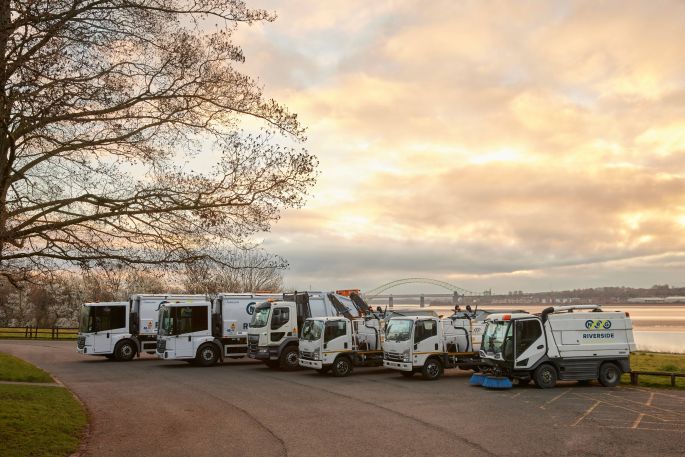The future of our infrastructure is digital, but just who is best placed to build the local authority capability to manage this revolution?
Who will look after the impact of decisions made by assets self-reporting their condition, and automatically informing investment priorities? Who is going to look out for the needs of our citizens as we enter the age of automated design, and algorithmic prioritisation?
Will we build that capability ourselves in our highway maintenance sector? Is that the right thing to do, or will we (whisper it quietly given the current environment) outsource this transformation?
For many highway authorities, using the software tools and data management platforms that can best process, analyse, translate and turn highways data into meaningful information is an expensive and time-consuming process, and they don't have enough resources now.
The way data and information is collected and used in day-to-day maintenance activity is inefficient in the first place, and rooted in historical ‘analogue' practice. For example inefficiencies arise from:
- different proprietary information systems and platforms in use which don't talk to each other
- a lack of standardisation of paper and computer processes and tools
- collecting the same condition data every year but only utilising a small percentage of it
- a fragmented value chain around the delivery of services
- poor information connectivity and flow, lots of activity duplication
- relatively immature data architecture in local government
- the consequential high cost of data collection and recollection
- limited analysis (and time for analysis) of data, to turn data into information, and from that gain insight to improve services and enable innovation
- little time for customer needs or priorities beyond making sure the road surface is fit.

It doesn't have to be that way but currently for many authorities it just is.
Big data is the ability to connect and use all of the collected information ‘out there' to reveal patterns, trends, and associations, especially relating to human behaviour and interactions, and thus make better decisions around infrastructure investment and operations.
Big data is going to be increasingly relevant to the way we plan, invest in, and manage our highway networks going forward as the number of sensors capturing, processing and reporting information grows, exponentially, in the next few years.
If local highway authorities already have at their disposal lots of other relevant data, rather than just the inventory and condition available to them, but don't use that properly, then what is the point of being able to collect more data if we can't use it?
An additional concern is that although highways officers and service providers were among the early adopters of digital technology, they now face being left behind as the world moves on and huge corporations are heavily investing in a better understanding how data will be transmitted and harvested from the infrastructure and asset platforms that local authorities currently maintain, which will lead to a natural interest in them owning or managing those networks.
I have no problem with who runs our networks, as long as they are managed properly and transparently. My concern is that by carrying on the way we are, highway authorities will miss out on the potential to intelligently plan for and utilise ‘Big data' to the benefit of their local communities, and towns and cities. Or they will miss the right time to do it and we will all end up paying a hefty premium for a transformation to retro fit such capacity and capability.
Highways members, officers and infrastructure service providers need to stay in the game and not be potentially marginalised. My question is, if you can't do small data efficiently and effectively now, how do you think you'll be able to do big data in the future?
The revolution is coming, but getting it started in an equitable and transparent fashion, setting the ground rules for the way assets will be managed and our infrastructure maintained in the future, will need all of us, working together to define the way we want those decisions to be made.
That means we need to generate a common data culture in local highway authorities, and among local authority officers and their suppliers, to not only ensure that customers are connected to the right outcomes, but also to fully realise the benefits of connecting and using all that latent information already around us, and we need to get used to working that way quickly.
In order to realise the best possible digital future in highway maintenance we need to design a better approach than the one we have now, and better connect the technology to the people who maintain, manage and monitor our networks and the people who use them. And we need to start doing it quickly.
Brian Fitzpatrick is principal advisor at Fitzpatrick Advisory.































